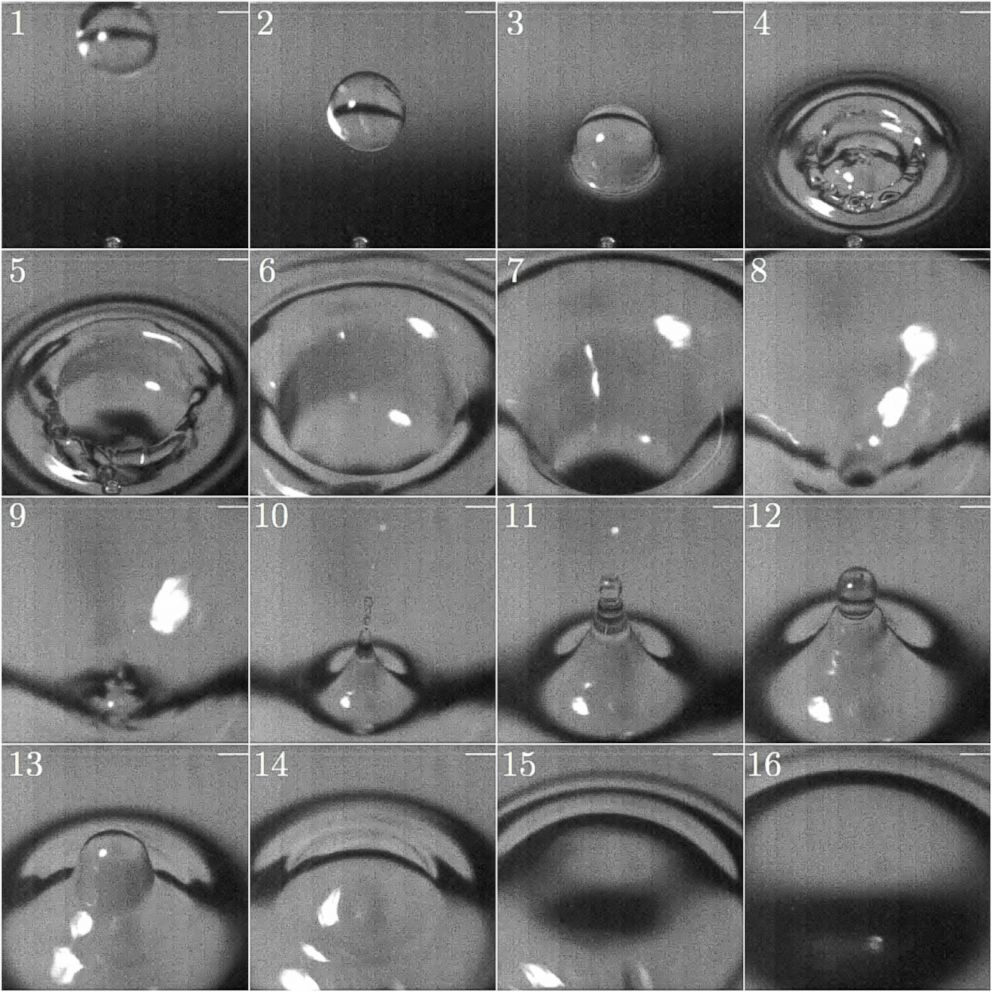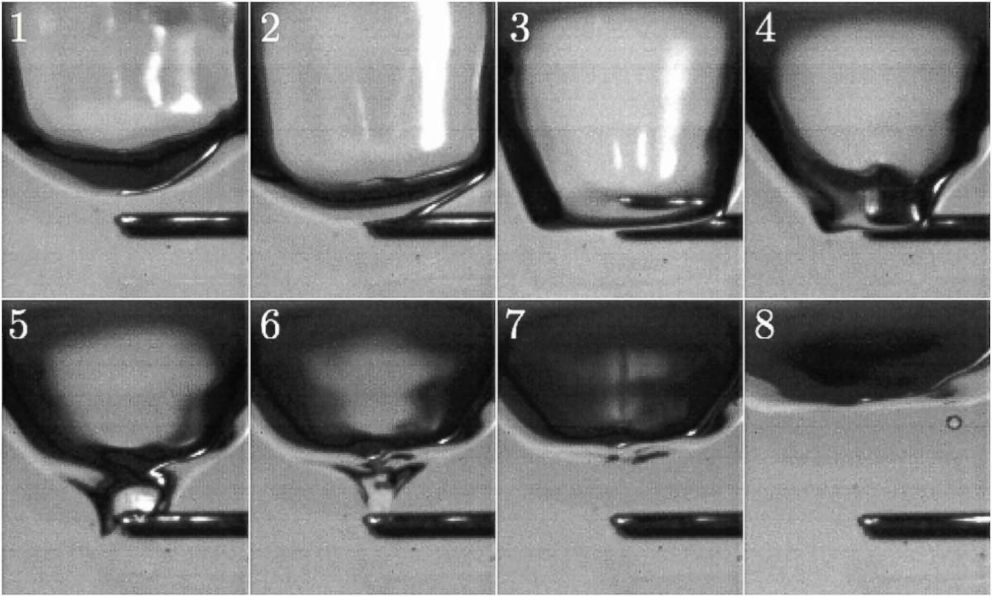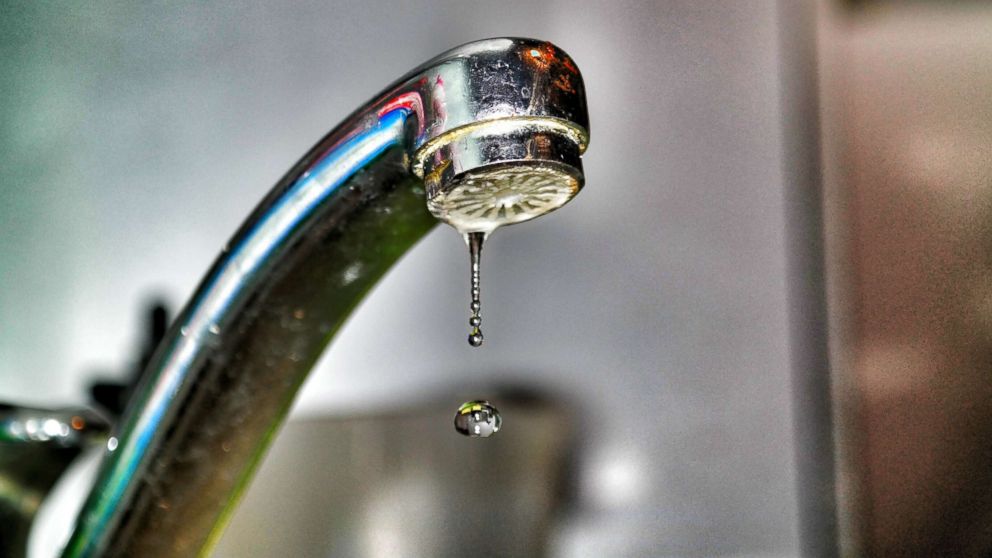Researchers reveal what causes dripping taps to 'plink' and how to stop this annoying sound forever
It's the sound that can keep you awake at night –- the plink, plink, plink of dripping water. Now, researchers at the University of Cambridge have found a simple, science-based solution to this perpetually annoying sound and recently published their findings in the journal Scientific Reports.
The study's lead researcher, Dr. Anurag Agarwal of Cambridge's Department of Engineering, said he was inspired to study the phenomenon after spending a sleepless night in the home of a friend with a roof leak.
"While I was being kept awake by the sound of water falling into a bucket placed underneath the leak, I started thinking about this problem. The next day, I discussed it with my friend and another visiting academic, and we were all surprised that no one had actually answered the question of what causes the sound," Agarwal told ABC News.
Surprisingly, there wasn't any good data about what makes that distinctive sound. So Agarwal and his colleagues used high-speed cameras and audio capturing technology to discover the truth behind where that "plink, plink" comes from.

What they found is that it is not caused by the water drop itself hitting the surface of the water in the bucket or sink. The sound actually comes from the movement of a trapped air bubble beneath the water surface after the drop lands.
This is the answer science has been waiting for since the earliest-found photographs of drop impacts were published in 1908.
"A lot of work has been done on the physical mechanisms of a dripping tap, but not very much on the sound. But thanks to modern video and audio technology, we can finally find out exactly where the sound is coming from, which may help us to stop it," Agarwal said.

And about stopping it: The research team’s quick solution to the water sound is adding a substance like dishwashing liquid to the water the drip the is landing in. It changes the surface tension of the water, which makes all the difference.
"The washing-up liquid technique is a simple fix because it reduces the surface tension of the water, meaning the air bubble no longer gets trapped and so the sound, which only occurs due to the bubble, is nullified. When working in the lab, we just added a small amount of washing-up liquid to the surface of the water and that seemed to stop the 'plink!'" Dr. Sam Philips, co-author of the study, told ABC News.
Researchers said they look forward to continuing a study that began out of pure curiosity.
They would like to expand the use of these audio results to measuring rainfall, or creating artificial sounds for water droplets in movies or gaming systems.




